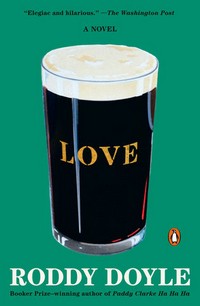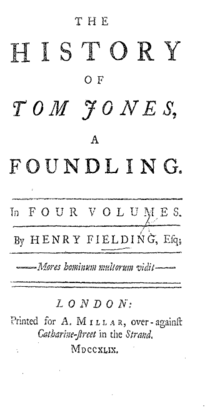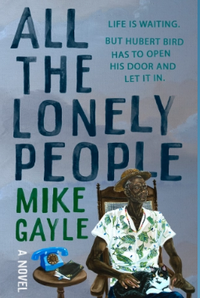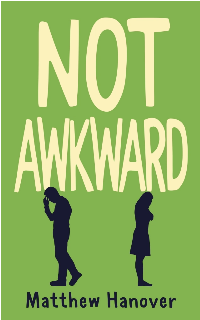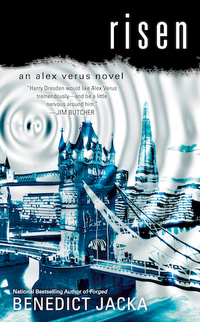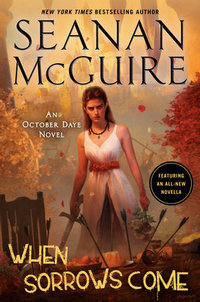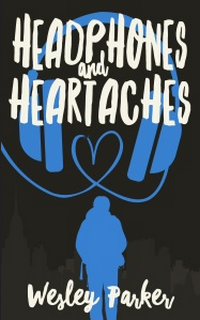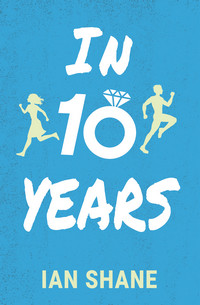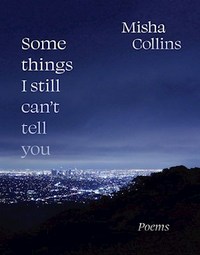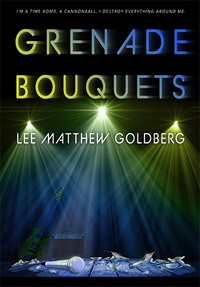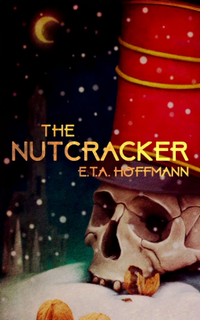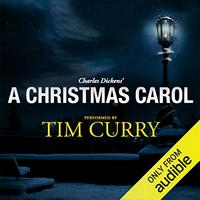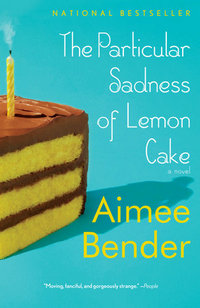by Alan Gratz, Bahni Turpin (Narrator)
DETAILS:
Publisher: Blackstone Audio
Publication Date: August 29, 2017
Format: Unabridged Audiobook
Length: 5 hrs., 17 min.
Read Date: February 1-2, 2022


What’s Ban This Book About?
Amy Anne is a big reader—to those who don’t know her that well, that’s all they know about her. She spends a lot of time every day in her school library—they appear to have set certain rules because of her (there’s a limit to how often she can check out certain books in a row). One day she goes to check out her favorite book, From the Mixed-Up Files of Mrs. Basil E. Frankweiler, yet again, but it’s not there. Not because someone checked it out, but because one mother of another fourth-grader has got the school board to remove it—and a few others—from the library.
Now, it’s been a few decades since I read From the Mixed-Up Files of Mrs. Basil E. Frankweiler, but I don’t remember it really being the kind of book that ends up on banned lists. But maybe I’m naive—is this really a challenged book? I can understand why some groups want other books removed from required reading lists, etc.–I almost never agree, but I can see where someone might get the idea.
Also, I should note that this really does seem to be set in/around 2017 from some of the other titles, even if the book that sets the whole thing off is from 1968.
Amy Anne is livid, she’s confused, she’s bewildered—why would someone do this? She sets out to go to the next school board meeting, gets her parents to rearrange their schedule to get her there, writes up a statement, and then…is far too timid to read it, leaving the school librarian, Mrs. Jones, as the only opposition. (I’m less than impressed with her father’s reaction to this, but I understand it)
Amy Anne is mad at herself, mad at the school board, mad at that mother—and sets out to read every book on the list (although she changes her mind when she sees that one of them is a non-fiction work about s-e-x). A friend has access to one of the books, and she spends her savings on a couple of others. Apparently, Public Libraries aren’t an option? Her friends want to read those, and soon most of that challenged list is circulating in her social circle. Then the same mother gets another batch of books pulled—and Amy adds more to her list.
Eventually, she’s running a small, independent—and covert—lending library from her locker. Naturally, that can only last so long, or the book would be missing some conflict…and well, enough said about that.
The Role of Parents
The presence and role of parents in MG novels (YA novels, too) is tricky—especially when it comes to the protagonists doing things that aren’t approved of—for good or ill. Do you write the parents off somehow, do you make them incredibly authoritarian so that part of what the protagonists are rebelling against is that authority, do you get them to buy into/cheer on the activities? Those are, by and large, the options that authors seem to have to choose from. Few do what Gratz accomplished—you make them human, with regular strengths and flaws, supportive, but exercising actual authority in responsible ways.
The other aspect of parental authority in this book revolves around the reading material of the students. Amy Anne and Mrs. Jones are constantly repeating that parents should decide if their kids should read something for recreation. But the decision of one parent shouldn’t dictate what other kids can read. That’s an important distinction—and one this parent can get behind.
That Reminds Me:
Actually, Mrs. Jones and the kids support the idea that the librarian/school board/administration can choose to pull a book from circulation or not even let it start in the first place—but there’s a process. It shouldn’t just be one/a few parents demanding a book be removed—there needs to be consideration, deliberation, and thought involved. And then a book can be pulled—one at a time, after a process.
Gratz and his characters never call for an “all books are appropriate” approach, they just want it to be a careful process with input from various parties. I think that’s important to remember (and practice).
How About the Narration?
Bahni Turpin rocked this narration. I totally believed I was listening to a 4th grader recount the events of her life. She did a good job with the supporting characters, too—but she shined when she was giving us things from Amy Anne’s perspective. She captured the frustration of someone who was always fighting against her impulses to say what she wanted to say rather than what she thought was the right thing to say, or didn’t feel brave enough to do the right thing publicly. Yes, that’s clear in the text, but Turpin delivers it so that you don’t just know that’s what Amy Anne’s going through—you feel it and you believe it.
There’s a joy to Amy Anne and a sadness to her, and Turpin delivered the goods on both aspects.
I admit to a little confusion
Early on, Amy Anne rationalizes that it’s not the school lending them—these books haven’t been banned from the premises, it’s just that the school can’t provide them. A lot of the books in her library are privately owned, I don’t see why she gets in trouble for having and circulating them.
There are other, clear legal infractions involved—and I agree with the administration for coming down on her for that. But the rest? That feels a little wrong, and Amy Anne’s parents should have fought that.
So, what did I think about Ban This Book?
Beyond the message about banning books, this book is a celebration of what books can do—how they can inspire as well as entertain, comfort those who need it, rattle the perspective when necessary—to affect the reader in ways they can’t fully articulate or understand. All of that and more. The core of this book comes from the love Amy Anne has for some books, and that love grows to more as soon as she’s exposed to it.
I loved that—as well as the message about not allowing the conscience of one parent dictate to them all. The solution that Amy Anne and her friends come up with for the final encounter with the school board was pretty clever, and I really liked the way that Gratz set up and resolved the major hurdle to their plan.
Yes, it’s a little simple. Yes, the solution is a little pat and easy. Yes, the whole thing comes across like an after-school special (or whatever the contemporary equivalent is—I’d say a Disney Channel movie, but I guess that’s not a thing. A made-for-Disney+ movie?). But it’s not trying to be careful and nuanced, it’s a story directed at 8-11 year-olds (my guess), trying to inspire them in a certain direction as well as entertain. I got a very strong Lemonade Mouth-feel from this (the movie, not the book—I never got around to reading that), I realize that’s a reference that only works for readers/parents of a certain age, but I don’t know anything more contemporary.
It’s a celebration of freedom, of literature, of learning from your mistakes and sticking up for what you believe (even if you do it poorly at first). It’s about finding the courage to do the right thing, even when not expedient.
I’m guessing it was the apparent upsurge in School Book Bans that led my library to getting this audiobook, and I’m glad they did. It’s something that people should be reading about/thinking about/talking about. Hopefully, this book kicks off some of that in our area.
I really enjoyed this and figure most book lovers will, too.

This post contains an affiliate link. If you purchase from it, I will get a small commission at no additional cost to you. As always, opinions are my own.

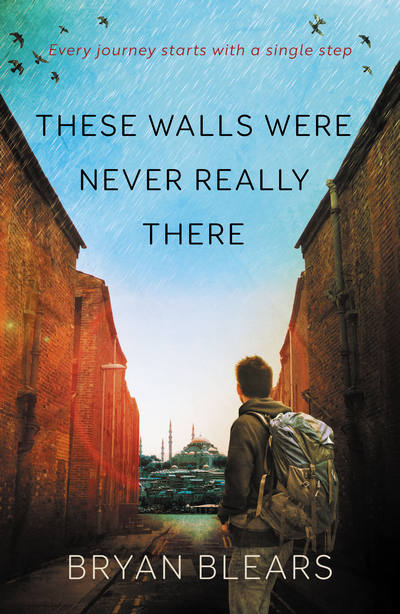

 Bryan Blears is an author of contemporary literary fiction from Salford, Manchester. He has written for the Huffington Post, the New Statesman, and the Philosophical Society of England, among others.
Bryan Blears is an author of contemporary literary fiction from Salford, Manchester. He has written for the Huffington Post, the New Statesman, and the Philosophical Society of England, among others.



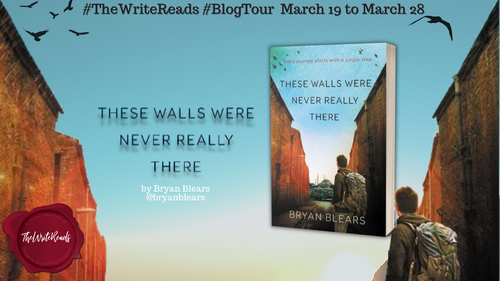
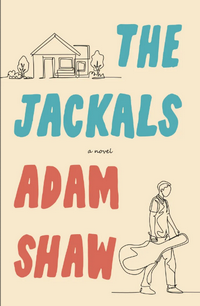

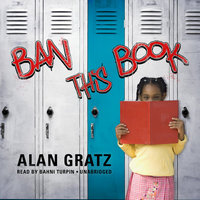

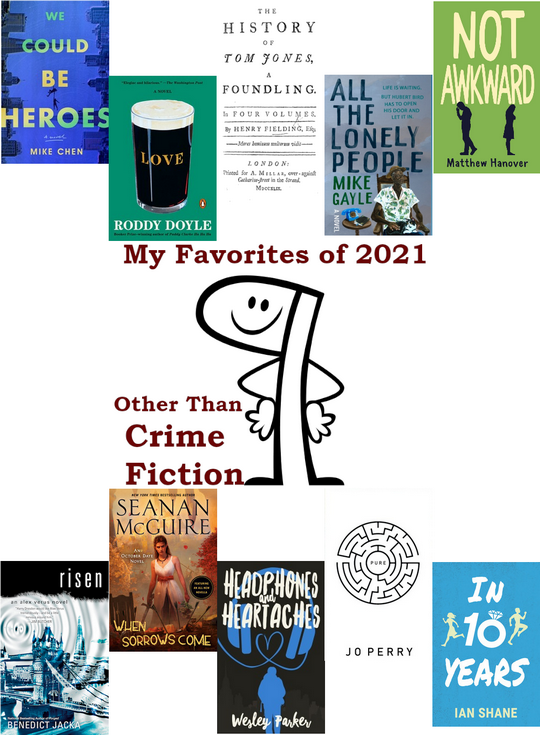
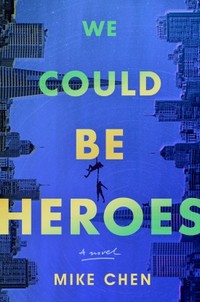
 In typical Chen fashion, the SF/super-hero elements are just an excuse to tell a story about friendship, memory, and identity. It’s a story about people, who just happen to be super-powered.
In typical Chen fashion, the SF/super-hero elements are just an excuse to tell a story about friendship, memory, and identity. It’s a story about people, who just happen to be super-powered.
